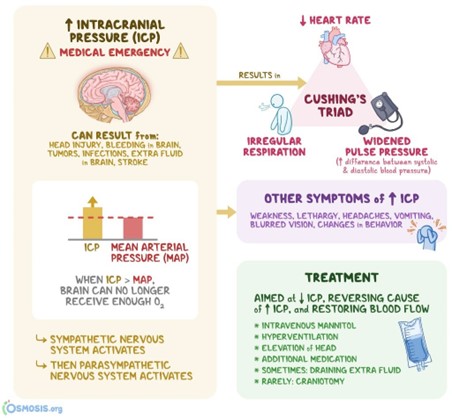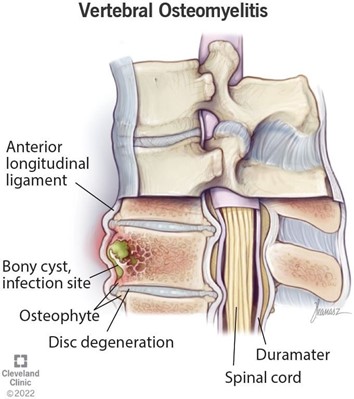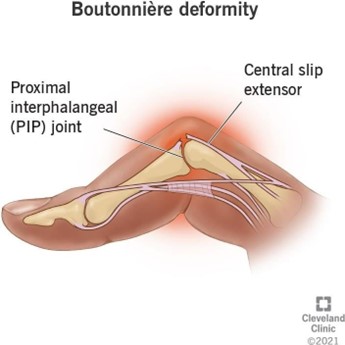A nurse is assisting in the planning of preventative care for a client who is restless following a traumatic brain injury with increased intracranial pressure. Which of the following is an appropriate nursing action?
Administer opioids.
Apply restraints.
Reduce stimuli.
Blacken the room.
The Correct Answer is C
An appropriate nursing action for a client who is restless following a traumatic brain injury with increased intracranial pressure is to reduce stimuli. This can help calm the client and prevent further increases in intracranial pressure. The nurse can reduce stimuli by minimizing noise and light in the client's environment and limiting the number of visitors.
Administering opioids, applying restraints, and blackening the room are not appropriate nursing actions for this situation. Administering opioids can cause respiratory depression and is not recommended for clients with increased intracranial pressure. Applying restraints can increase agitation and is not recommended for clients who are restless. Blackening the room can disorient the client and is not recommended.

Nursing Test Bank
Naxlex Comprehensive Predictor Exams
Related Questions
Correct Answer is C
Explanation
The priority intervention for the nurse to implement for a newly-admitted client who has acute osteomyelitis is antibiotic therapy. Osteomyelitis is an inflammatory condition of bone secondary to an infectious process¹. Antibiotics are the primary treatment option and should be tailored based on culture results and individual patient factors.
a. Optimal nutrition and hydration is important but not the priority intervention.
b. Surgical debridement of necrotic tissue may be necessary but is not the priority intervention.
d. Antipyretic therapy may be necessary but is not the priority intervention.

Correct Answer is B
Explanation
Boutonniere deformity is an expected finding for a client who has rheumatoid arthritis. It is a type of hand deformity that can occur in people with rheumatoid arthritis. It is characterized by a bent middle finger joint and a hyperextended fingertip.
Tophi, osteoma, and Heberden's nodules are not expected findings for a client who has rheumatoid arthritis. Tophi are deposits of uric acid crystals that can occur in people with gout. Osteoma is a benign bone tumour. Heberden's nodules are bony growths that can occur in people with osteoarthritis.

Whether you are a student looking to ace your exams or a practicing nurse seeking to enhance your expertise , our nursing education contents will empower you with the confidence and competence to make a difference in the lives of patients and become a respected leader in the healthcare field.
Visit Naxlex, invest in your future and unlock endless possibilities with our unparalleled nursing education contents today
Report Wrong Answer on the Current Question
Do you disagree with the answer? If yes, what is your expected answer? Explain.
Kindly be descriptive with the issue you are facing.
